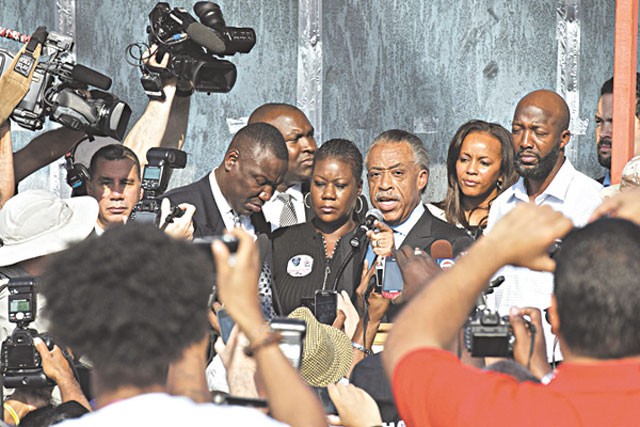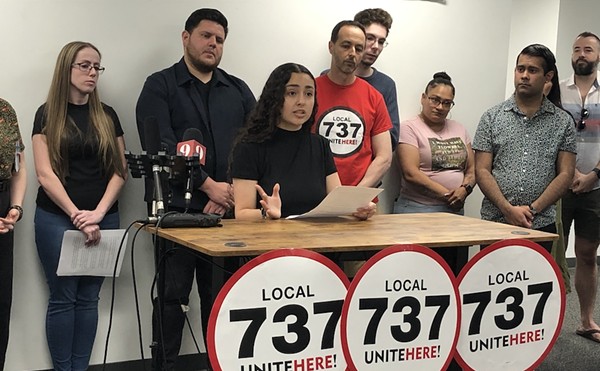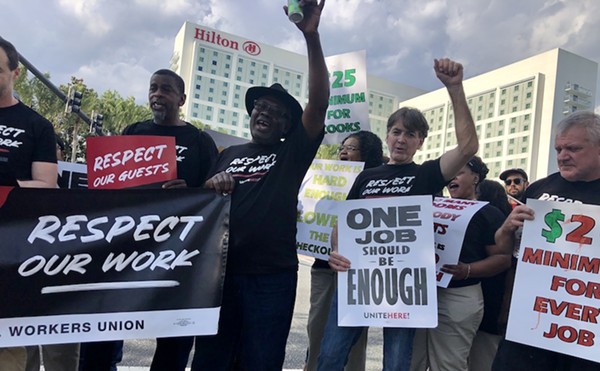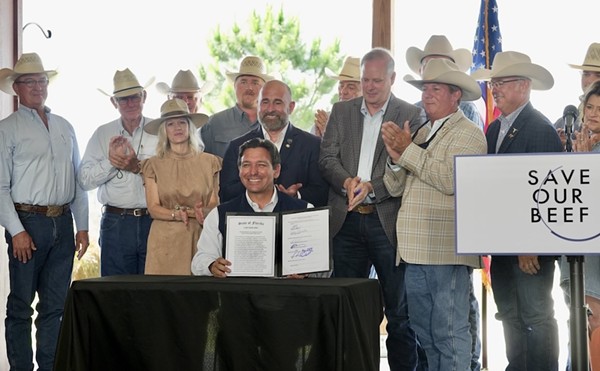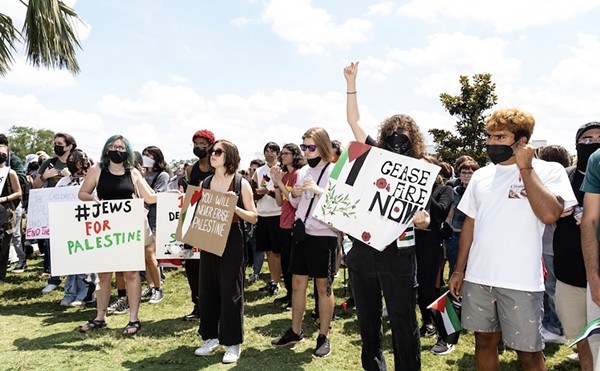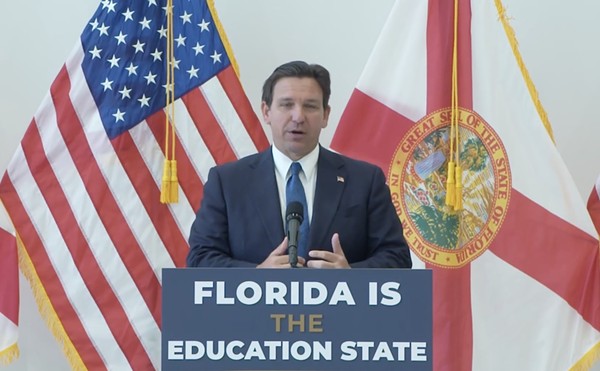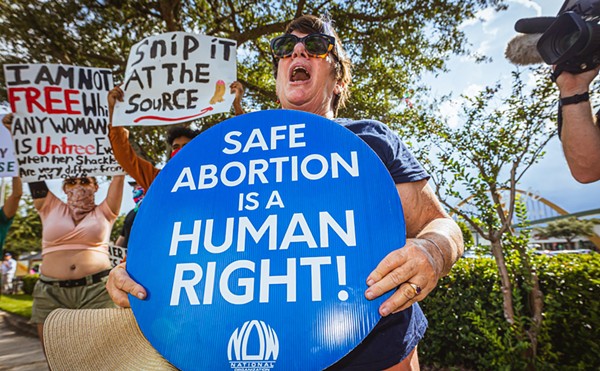One year ago today (Feb. 27), everything changed forever for two Florida families: those of Trayvon Martin, the unarmed 17-year-old who was shot to death while walking from a 7-Eleven to his father's girlfriend's apartment, and George Zimmerman, the vigilante neighborhood-watch volunteer who shot him to death on that dark, rainy night. The Martin family will never see their son again; the Zimmermans see an uncertain future for their son, who's awaiting his June 10 trial on second-degree murder charges.
The more things change, though, the more they stay the same. Here are six things that have not changed much in the year since Martin was killed – some for better, most for worse.
1) Florida task force determines that "Stand Your Ground" law doesn't need to be changed: Instead, the state panel, created in April 2012 and made up primarily of individuals who supported Stand Your Ground laws in the first place, recommended on Feb. 22 that the state should tighten rules for neighborhood-watch organizations.
2) Sanford gets new police chief: Cecil Smith, deputy chief of the Elgin, Ill., police department, accepted the position in mid-February. He says he hopes to create a partnership between the police and the community – that won't be an easy task, considering the fact that the Sanford police department has had a reputation as forgiving (if not accepting) racist sentiment in its ranks, toward both the community and even its own African-American officers. Smith won't start the new job until April.
3) Some Sanford businesses say things aren't getting better: In the weeks following the shooting, thousands flocked to Sanford to protest the fact that police failed to make an immediate arrest after Martin was shot. Civil rights activists, including the Rev. Al Sharpton, addressed the crowds who'd come from near and far to gather at the city's Fort Mellon Park. Local businesses said the publicity was hurting trade. Despite a recent Associated Press story indicating that Sanford is "healing" and things are getting better, some Sanford business owners say they're still struggling to rebuild. Mo Wisdom, owner of the quirky watering hole Little Fish Huge Pond, says that a handful of businesses shut down due to decreased customer volume in the wake of the Martin incident – Wisdom says that, in her case, her regular customers keep coming back but out-of-towners seem less interested in visiting than ever.
4) Antipathy builds between Zimmerman's attorneys and the Martin family attorneys: Both parties in this case have embarked on massive PR campaigns to get their side out to the media. The Martins have spent a considerable amount of time combating the perception that their son was a thug or a villain who somehow deserved to be shot. Zimmerman's defense team – which is also busy trying to defend their client against the perception that he's a racist monster – runs a website for Zimmerman where it posts rebuttals to editorials sympathetic to Martin. While the site doesn't attack Martin's character, it certainly does imply that the Martin family is capitalizing on race to gain leverage in this case. Meanwhile, Martin's mother has been outspoken in national media (including in an interview with NPR earlier this week) in saying that the Martin case should not be about black and white and that "stand your ground" laws – not race – should be the center of the discussion.
5) Zimmerman's attorneys still want the court to reveal identities and addresses of anonymous witnesses: In a court filing made on Feb. 19, Zimmerman's attorneys requested that the court reveal the names and addresses of witnesses to be deposed in the Zimmerman case. In October 2012, a judge ruled that the names of a handful of witnesses who indicated that they were "afraid" to testify could be withheld until depositions in mid-March. Zimmerman's attorneys say that's an infringement on their client's rights and want the court to reveal their information so that they can be investigated prior to deposition.
6) The nation may have forgotten about this case, but locals haven't: Long after the public figures stopped showing up in Sanford and the crowds of protesters dispersed, local groups and supporters keep Martin's memory alive. On Feb. 5, Martin's birthday (he would have been 18 this year), a crowd held a subdued celebration honoring the teen in Goldsboro, a small, traditionally African-American neighborhood in Sanford. They didn't call for vengeance, they didn't cast blame and they didn't gather in anger – they called for the community to come together to combat violence. Similar rallies were planned in Orlando and Sanford to mark the one-year anniversary of Martin's death.

